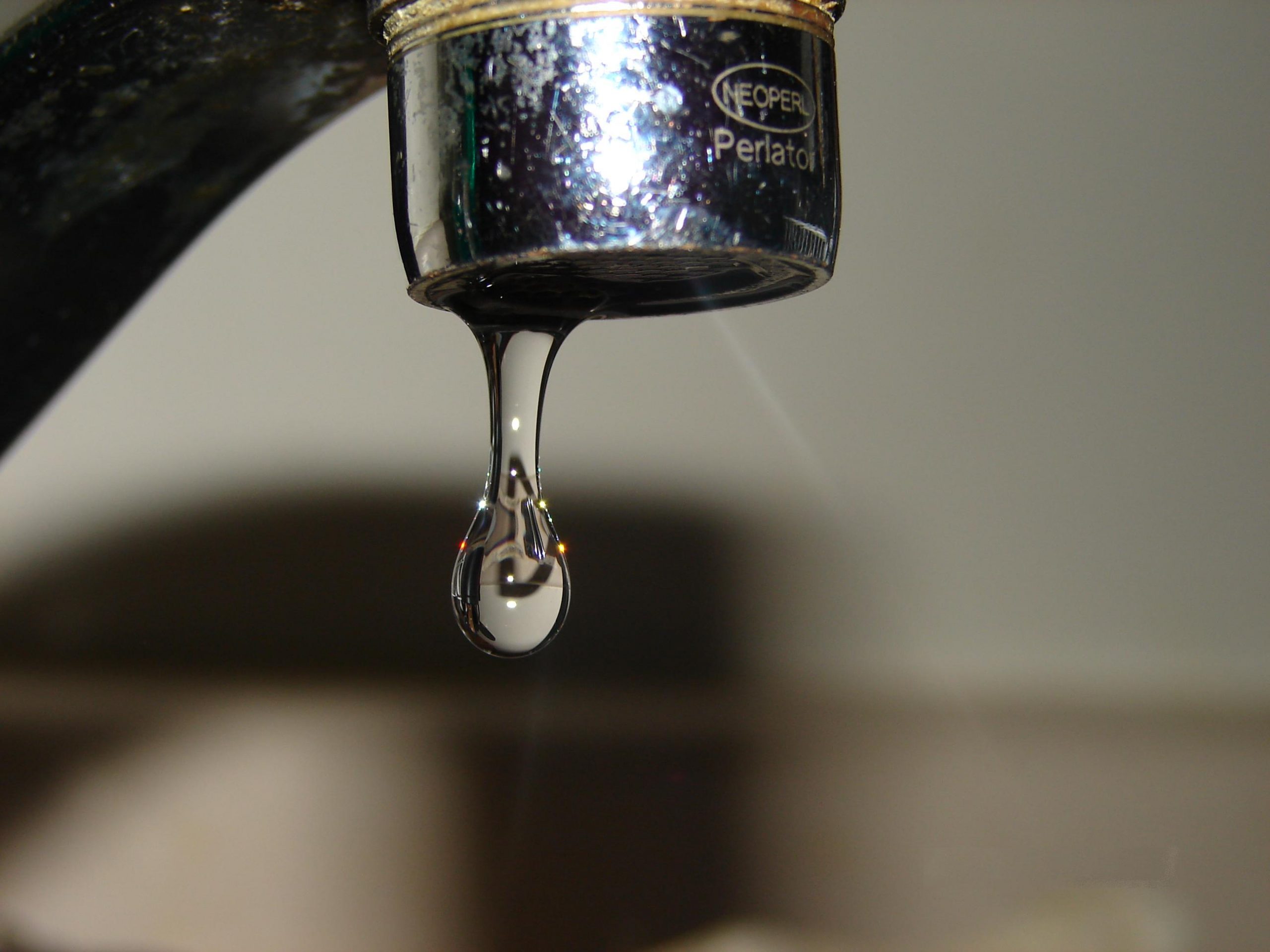
Paul Bergen argues that more needs to be done to ensure vital water supplies can get up and running quickly after major storms.
People normally ignore water until it isn’t there. By that time, it’s often too late to help those most in need.
Paul Bergen
Clean water matters. My father manages a small water treatment system on the Southeast coast of Florida which provides water to fewer than 1,000 customers. I have seen first hand how, in an emergency, the response services often fail to coordinate with smaller systems like his. In the immediate aftermath of Hurricane Irma I worked 14-hour days to ensure my father’s customers had access to safe drinking water. It took four days to receive power back to all our treatment systems and pumping stations. The last pumping station, the main one in the system, was without power for six days due to a lack of communication from the local power utility. All it took to restore power was a 15-minute reset of a transformer fuse. If power had been down for much longer or we ran out of fuel, both the environment and people’s health could have been severely compromised by water-borne pathogens, potentially spreading disease quickly throughout communities who were already suffering. Luckily, our region did not experience the full force of Irma and my father’s system has enough generator power to run until full power is restored. Even so, our recovery had its challenges because sometimes generators don’t want to start.
I cannot begin to imagine what it must be like for water treatment staff in Puerto Rico or Dominica. They face the daunting and Herculean task of bringing critical public health infrastructure back online without power, without fuel and without time. People are suffering. Water is scarce. And this has carried on for over a week. Eventually, if they haven’t already, people will become angry and angry people may do regrettable things to those employees and volunteers who are working around the clock to return things to a sense of normality.
Water treatment infrastructure is something we rarely think about in wealthy countries. We just turn the tap and expect quality drinking water to come out. We don't think about how it gets there or how it is taken away to wastewater treatment facilities that remove the biological and chemical contaminants before releasing the water back to the environment.
Natural disasters, such as hurricanes, can cripple our ability to deliver safe drinking water and remove contaminated flood and wastewater. The devastation that Hurricanes Irma and Maria wrought on the US territories of Puerto Rico and the Virgin Islands and island nations such as Barbuda and Dominica have left millions without safe drinking water. This threatens the health of these communities – pregnant women, the elderly, the young, the sick. Your neighbours, your children, your friends. Images flash across the media of people sourcing water from springs, lakes or streams. Untreated water of course, and of unknown threat as waste and debris flows into these (hopefully temporary) sources. In preparing and responding to these storms, water treatment infrastructure is often, and must continue to be, considered critical to public health. Even more so than power infrastructure, I’d argue, although the former is dependent on the latter without generator power and fuel. We should also consider environmental infrastructure that protects source waters as vital so that, when treatment systems come back online, the water supplying these systems has not been compromised beyond the capabilities of the treatment processes to produce safe drinking water.
If you want to improve a person’s health, a continuous supply of safe drinking water is the foundation. As we face the prospect of stronger hurricanes due to climate change, we must improve water-related infrastructure to withstand these storms and pay greater attention to where systems remain vulnerable during long recovery periods, such as ensuring there is fuel for generators or giving special protection to areas that may sustain damage and allow untreated water to flow in or out of the system. This means we, the public and utility workers, must put pressure on our governments, emergency response management teams and utility management to ensure they are adequately prepared for storms and a potentially long recovery period. Some of this will come from new regulation that is created in the aftermath of recent hurricanes and the lessons they have taught us.
But much of it needs to come from us. Pressure on the Trump Administration has led to a more robust response to the crisis in Puerto Rico, although it remains woefully inadequate. In my own community, pressure and new regulations imposed on the local power utility resulted in a swifter (although still somewhat inadequate) recovery response compared to past storm recovery efforts. Those images of Puerto Ricans desperately seeking water from a mountain spring should move us to demand more investment in water treatment infrastructure. People normally ignore water until it isn’t there. By that time, it’s often too late to help those most in need.
*Paul Bergen is doing a PhD in Molecular, Structural, and Cellular Microbiology at the Department of Pathology, University of Cambridge. Picture credit: Wikimedia commons.

Paul Bergen
- Alumni
- United States
- 2013 PhD Pathology
- Churchill College
I work as a management consultant with a focus on healthcare, mostly in life sciences. My work uses a variety of data sources to understand customer needs and improve my client's efforts toward patient centricity in the products and services they offer. I'm a passionate believer that analytics and human-centered design should inform strategy.
I also am a leader in my firm's internal think-tank, focused on tackling big topics that impact people's healthcare. We leverage a variety of data sources and market research from around to world to study topics in public health, healthcare disruption, digital transformation, and medical development.
Previous Education
Auburn University BS Microbiology/ BA German 2012












